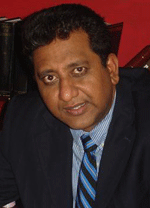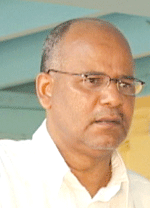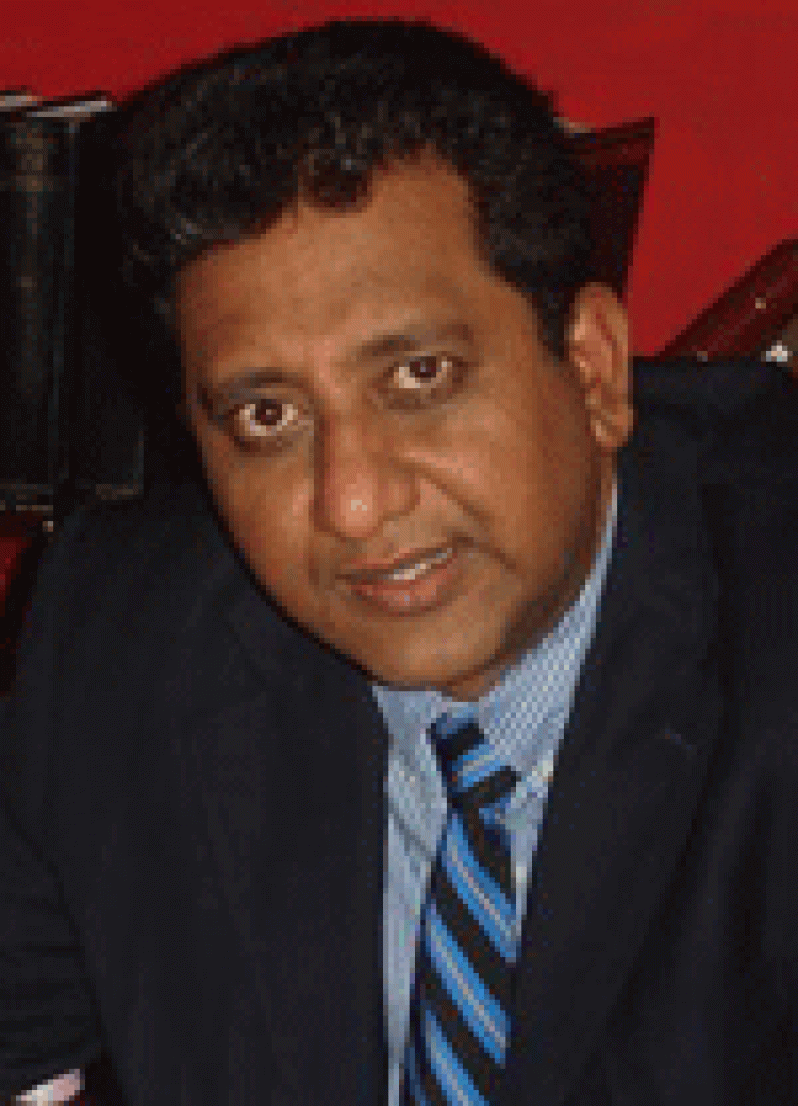THE three pieces of legislative amendments that have been placed on hold as a result of the decision by the Deputy Speaker of the National Assembly, Deborah Backer, on Thursday last, were all earmarked as priorities under the Guyana Police Service, strategic five year action plan.
 Home Affairs Minister, Clement Rohee, had been slated to present for debate the Firearm Amendment Bill, as well as introduce two other pieces of legislation, the Evidence Amendment Bill and a Motor Vehicle and Road Traffic (Amendment) Bill.
Home Affairs Minister, Clement Rohee, had been slated to present for debate the Firearm Amendment Bill, as well as introduce two other pieces of legislation, the Evidence Amendment Bill and a Motor Vehicle and Road Traffic (Amendment) Bill.
It was the decision by Substantive Speaker of the National Assembly, Raphael Trotman, “to lift the prohibition” on Rohee in the National Assembly, that caused the Guyana Government to seek to debate the Firearms Amendment Bill in the House when the Assembly met on Thursday last.
This was confirmed yesterday by Attorney General and Minister of Legal Affairs, Anil Nandlall, who told the Guyana Chronicle that, following the decision by Trotman, government sought to reiterate the urgency of the piece of legislation, and as such, requested that it be placed on the Parliamentary Order Paper and debated.
Clerk of the National Assembly, Sherlock Isaacs, corroborated also yesterday, that it is the Guyana Government that determines the business for the Order Paper and had indicated a desire to have the debate.
Minister Rohee, in an invited comment yesterday, lamented Backer’s move of not allowing him to speak, calling it “double standards” on the part of the Shadow Home Affairs Minister.
According to Rohee, it is fair to say that with the Bills being placed on hold by the Deputy Speaker, the implementation of the reforms would be delayed.
He called on leader of the Parliamentary Opposition, Brigadier (rtd) David Granger, to explain the ‘double standards’ on the part of the Opposition.
According to the substantive Home Affairs Minister, the Members of the Opposition are familiar with the measures proposed in the legislative amendments, but “instead of supporting the legislation, are looking to score political points.’
On the Firearm (Amendment) Bill, the minister said that Granger has been clamouring for measures to be put into place to stem the flow of guns into the country.
As it relates to the amendments to the evidence laws, Rohee said that the changes will allow for the already limited professionals in the country to not have to waste time giving evidence in the courts.
Rohee says that with the changes in place, persons giving ‘scientific’ evidence, such toxicology experts, would be allowed to present reports to the courts as against always having a physical presence.
The Strategic Action Plan prepared by the United Kingdom’s Capita Symonds Consultancy Group and signed onto by Cabinet states, “despite its several constraints, the MOHA has initiated a number of measures to combat the steadily emerging challenges from both the institutional level as well as from the wider environment.”
It cites that on the legislative front, the ministry has contributed to a number of amendments directed at strengthening existing laws, thereby enabling its agencies to be better positioned to execute their mandates, inclusive of the three Bills denied and placed on hold by the Deputy Speaker.
Among the future interventions identified by Capita Symonds for reform of the Guyana Police Force is the establishment of a Legal and Legislative Unit that will evaluate the relevant laws and recommend measures to be implemented to strengthen and modify them.


.jpg)











